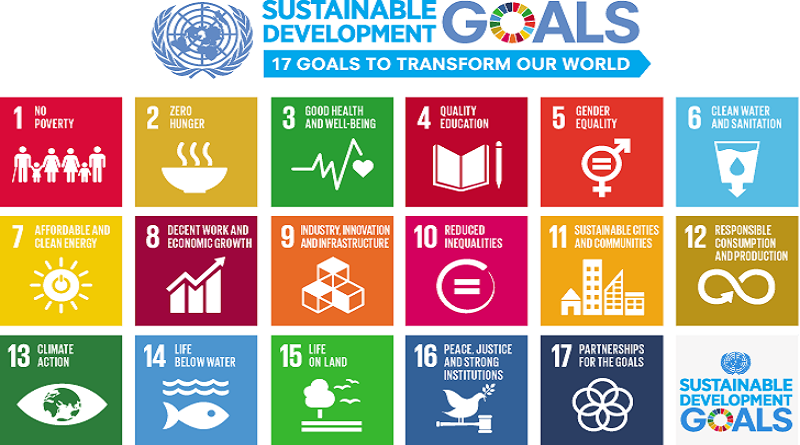SDG: Urban experts, others trained on monitoring, reporting
The United Nations Economic and Social Commission for Western Asia (ESCWA) and UN-Habitat held a regional training workshop in Cairo on monitoring and reporting of SDG 11 Arab States between 3 – 5 July 2018.
The workshop was designed to enhance the capacity of national statistical officers and urban experts and practitioners in the sub-region to collect, analyse and report data on SDG 11 and related urban indicators.
The workshop was also an opportunity for participants to exchange experiences on the challenges in ongoing data collection and reporting for Goal 11 and identify opportunities to fast track urban monitoring in the sub-region.
Participants who comprised statisticians and spatial data experts from national statistical offices of Egypt, Saudi Arabia, Bahrain, Jordan, Morocco, Iraq, Oman, Yemen, Palestine, Tunisia and Sudan and experts from WHO, UN-OCHA, UNFPA and the League of Arab States were introduced to tools developed by UN-Habitat and other UN agencies to support monitoring of SDG 11.
The participants presented an overview of ongoing activities aimed at streamlining SDG 11 data collection into existing statistical structures, progress so far made towards adopting new methods of data collection and analysis (such as GIS techniques) and innovative means of generating data in conflict situations as applied in some of the countries represented.
In addition to acting as platforms for overall urban monitoring some of the tools developed by UN-Habitat and introduced at the workshop such as the City Prosperity Initiative, National Sample of Cities and spatial data collection methods will help countries to report on Human Settlements Indicators more systematically. Access to more accurate data and statistics by city managers will result in more informed decision making and formulation of evidence-based policies throughout the sub-region.
The international community was called upon to work with countries and local stakeholders in streamlining systems of data collection, analysis and reporting and promoting project formulation supported by data to ensure enhanced quality of life for all – leaving no one behind. Participants committed to strengthening partnerships and cooperation among national statistical offices, relevant line ministries, international and local development agencies, data users and decision-makers. They also undertook to foster peer-to-peer learning and sharing of knowledge and experience among the Arab countries.
To help them achieve their commitments participants requested UN-Habitat and ESCWA to undertake more of the specialized national and sub-regional training workshops. Discussions commenced on modalities of facilitating the training which will be organized in the coming months with special focus on spatial data collection and analysis.




